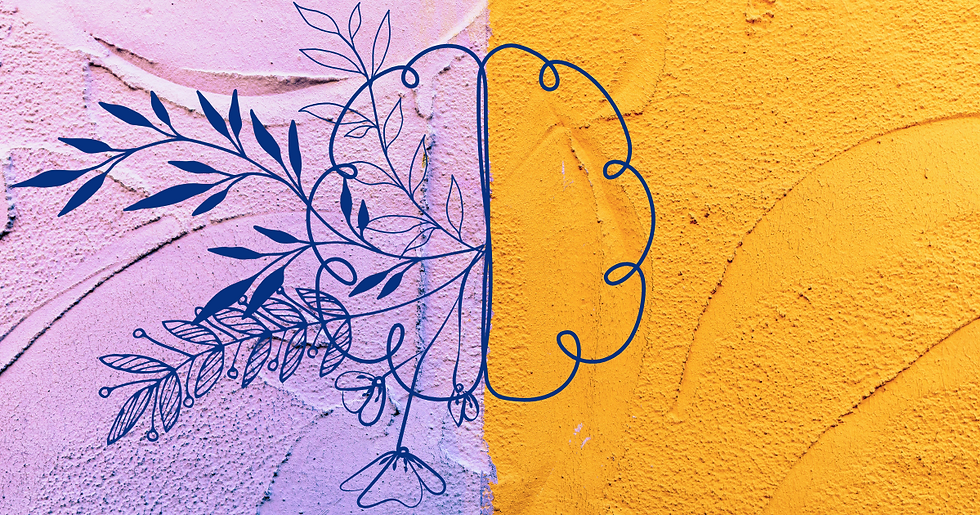When You Stop Fighting Your Brain and Start Listening to It
- Megs Crawford

- Apr 25, 2025
- 2 min read
Updated: May 26, 2025

This week on the podcast, I talked about being neurodivergent, living with ADHD, and parenting a daughter with traits of autism. But neurodivergence is so much more than just ADHD or autism. It’s about being different and realizing that when our brains work differently, it’s imperative that we learn to work with them instead of against them.
Here’s what that means for organizing:
Let’s talk about time blindness, that common ADHD symptom where time feels like it doesn’t exist. For me, managing it means using tools that support how I function. I set timers to avoid hyper-focusing, to remind myself to drink water, and to take care of my body. I also have regulation exercises I practice when I’m feeling overwhelmed or overstimulated. These help me make the next best decision for my day.
When it comes to executive function, breaking tasks into smaller, manageable steps isn’t something that comes easily, if at all. And if everything feels important, nothing feels important. That’s why it’s so important to recognize this challenge and learn how to work with it. When I’m feeling overwhelmed by everything on my to-do list, I ask myself:
“What’s one thing I could do to make progress?” Just one thing.
Why “All or Nothing” Keeps Us Stuck
The other day, I was talking with a client about perfectionism. She has “doom piles” in several rooms and clutter all over her home, so it felt silly to say she struggles with perfectionism. But that’s exactly why we freeze. We want everything done perfectly or not at all (ALL or nothing). We can clearly picture what our space could look like, but the steps to get there feel so daunting that we don’t even know where to begin, so we don’t. That’s when we have to challenge the discomfort and start with one step. (Like hiring me to support you!)
Your Neurodivergence Is Not a Problem to Solve
What’s fascinating is that every person experiences these challenges differently, even though there are plenty of similarities too. Embracing your brain’s uniqueness and your neurodivergence gives you the power and freedom to explore what actually works for you. Instead of shaming yourself for what you can’t control, you get to meet yourself with compassion and curiosity.
You’re an amazing human, whether you're neurodivergent or not.But if you forget, I’ll keep showing up to remind you.
And don’t forget: Where you are is the perfect place to start.
If you haven't listened to this weeks 🎙️ podcast 🎙️, you can catch it here: How Understanding My ADHD Brain Transformed My Family & My Home




Comments